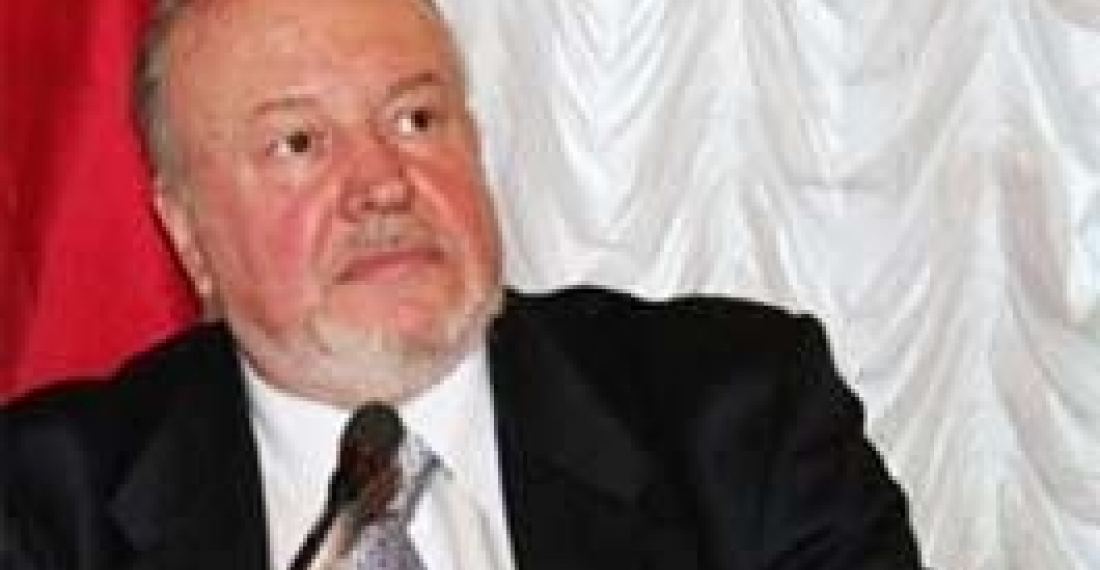Процесс криминализации отрицания Геноцида армян заразителен и вскоре распространится на многие европейские страны. Подобное мнение сегодня в ходе телемоста Ереван-Москва выразил директор Института политических и социальных исследований Черноморско-Каспийского региона Владимир Захаров.
23 января Сенат Франции принял законопроект по криминализации отрицания Геноцида армян. Выступающие против принятия законопроекта считают, что принятием документа будут испорчены отношения с Турцией. Тем не менее, при соотношении 127 голосов "за" и 86 "против" закон, который 22 декабря прошлого года одобрили в нижней палате сената, был принят и верхней палатой сената. Согласно документу предусматривается уголовное наказание в виде лишения свободы сроком до одного года и штраф в 45 тысяч евро для тех, кто отрицает геноцид армян в Османской империи в 1915 году.
"Приняв этот законопроект, Париж в очередной раз подчеркнул убедительность своей позиции относительно этого исторического факта и покончил с политикой Анкары по отрицанию геноцида армян. Теперь мир говорит о Геноциде армян исходя не с армянской точки зрения относительно этой исторической трагедии, а отталкиваясь от факта, принятия законопроекта о криминализации отрицания геноцидов одной из ведущих европейских стран", - отметил он.
При этом, Захаров согласился с мнением, что подобная позиция Франции может стать причиной для еще большего отдаления Турции от ЕС, поскольку принимая подобный законопроект Франция продемонстрировала не только свою точку зрения, но и точку зрения всей этой структуры. "Впрочем, Турция и так находилась на самых низах, и шансы ее попадания в ЕС были весьма невелики, однако она в очередной раз продемонстрировала свое несоответствие европейскому мышлению и политике, таким образом, еще на шаг, отдалившись от одной из своих первичных целей", - подытожил Захаров.






